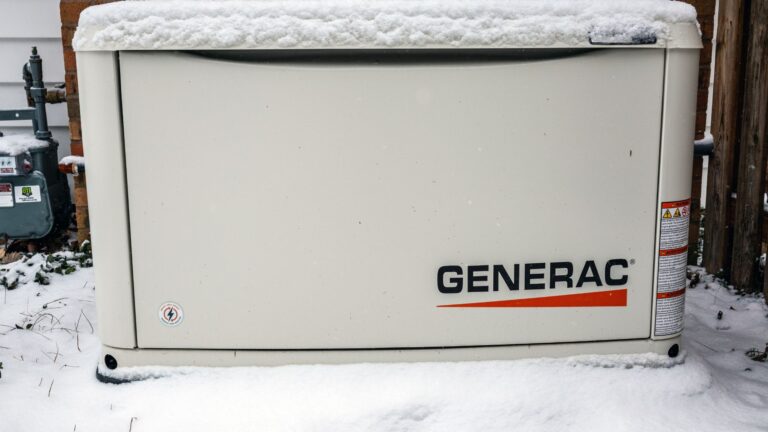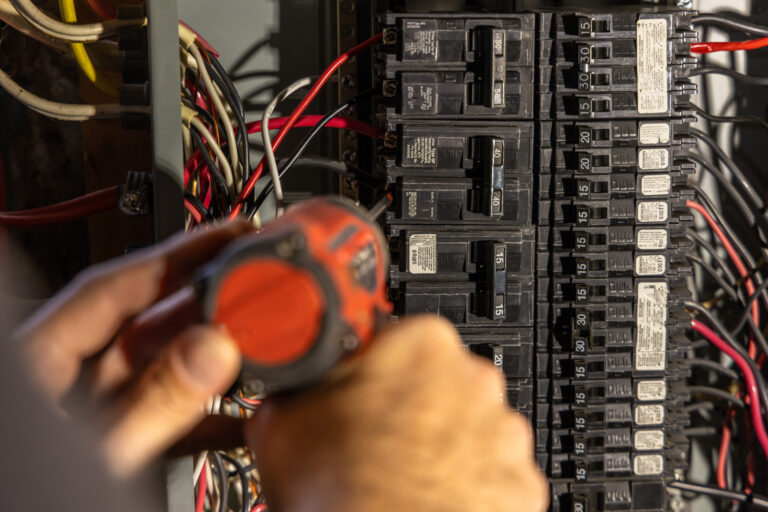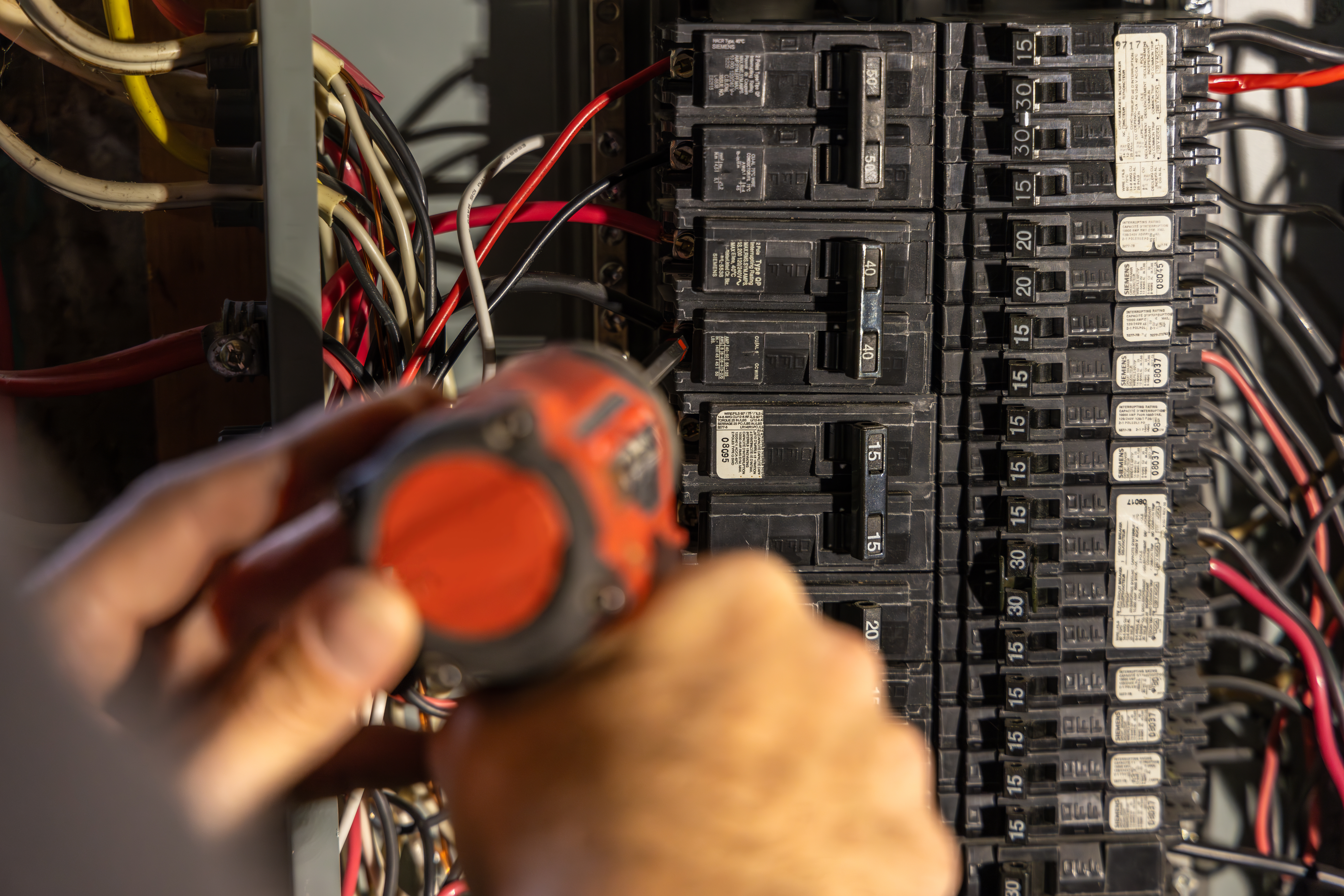
Ever wondered about that gray box in the corner of your basement or garage that keeps your home’s electricity flowing safely? That’s your electrical panel, and it’s essentially your home’s command centre.
Some homes may still use fuse panels and some may use circuit breakers. Both styles of electrical panels act as vigilant guardians of your electrical system. They’re designed to detect when too much electrical current flows through a circuit – whether from too many appliances running at once or a dangerous short circuit. When they sense trouble, the element in the fuse will blow, or the breaker will quickly “trip” or shut off the power flow to that specific circuit breaker. This helps to prevent potential hazards like overheating or electrical fires.
For circuit breakers, there’s a sophisticated mechanism that responds to heat and electromagnetic force. When electrical current flows normally, everything stays connected. But when there’s an overload, the internal components react by physically breaking the connection – POP! Think of turning off a light switch, but automatically and for safety reasons.
Modern circuit breakers come in various sizes, types, and styles depending on the panel manufacturer and are matched to specific needs in your home. For example, a 15-amp breaker might protect your bedroom outlets on an Arc Fault Circuit Interrupter (AFCI breaker), while a 40-amp breaker would handle a major appliance like your electric stove. Other specialized breakers even offer advanced protection against ground faults or arc faults (AFCI), adding extra layers of safety for areas like your bathrooms or kitchens where water might be present.
Circuit Breakers Panel VS Fuse Panels
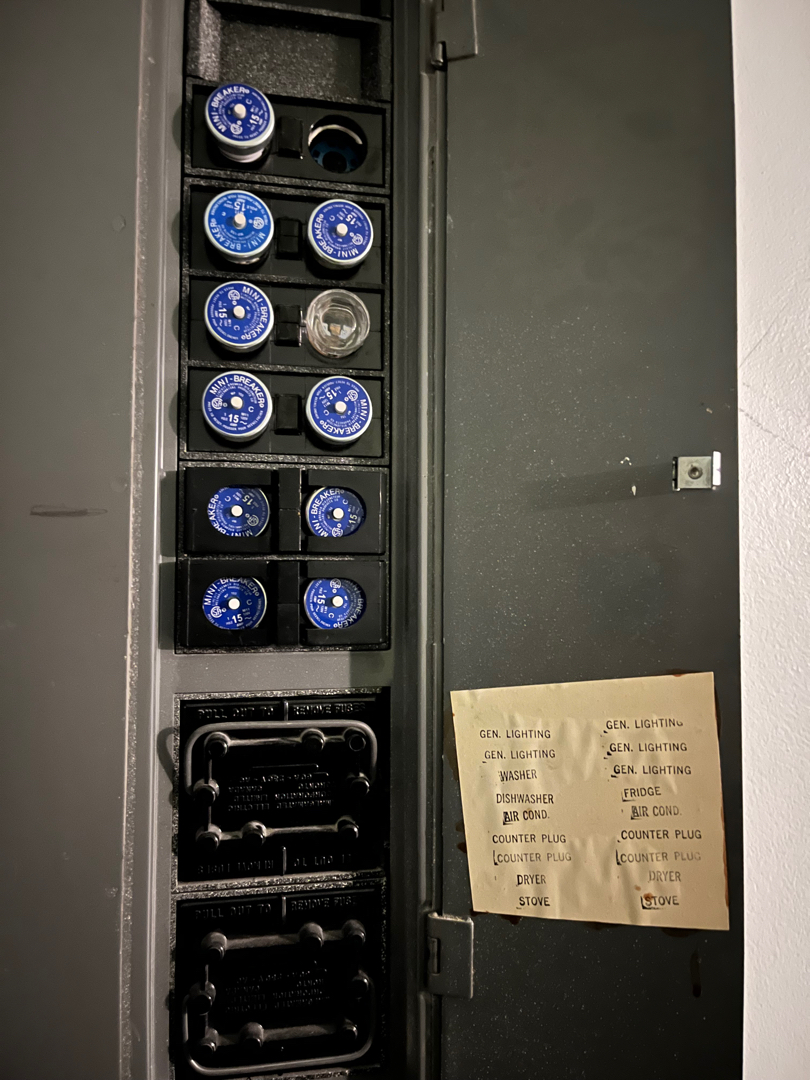
When it comes to protecting your home’s electrical system, circuit breakers offer significant advantages over fuse panels that make them the clear winner. One of the most immediate benefits is their remarkable convenience. Imagine it’s late at night, and your power goes out due to an overload. With a circuit breaker, you simply flip a switch to restore power. Compare this to fumbling around in the dark, pulling out your phone or flashlast and trying to find and replace the right fuse (assuming you have any). This is a constant running theme that is all too familiar to those with fuse panels.
Circuit breakers also eliminate a common dangerous practice known as “penny fusing.” This is where desperate homeowners might replace a blown fuse with a higher-rated amperage one or even resort to placing a penny behind the fuse. This makeshift solution, while tempting, can lead to dangerous overheating and potential fires, by allowing more current to flow through a wire then it is rated for. Circuit breakers completely remove this risk by providing a fixed, tamper-resistant protection level.
Modern circuit breakers also accommodate today’s growing electrical demands. They can handle the power requirements of contemporary appliances and electronics while providing consistent protection. Unlike fuse panels, which often limit the number of circuits available, circuit breaker panels can be designed with more circuits, making them ideal for homes with multiple high-power devices and appliances.
The technology in circuit breakers continues to advance, incorporating features like dual-function circuit interrupters that protect against both ground faults and arc faults (AFCI/GFCI). These sophisticated protection mechanisms simply aren’t available with traditional fuse systems, making circuit breakers the more future-proof choice for home electrical safety.
Circuit Breaker Safety Standards
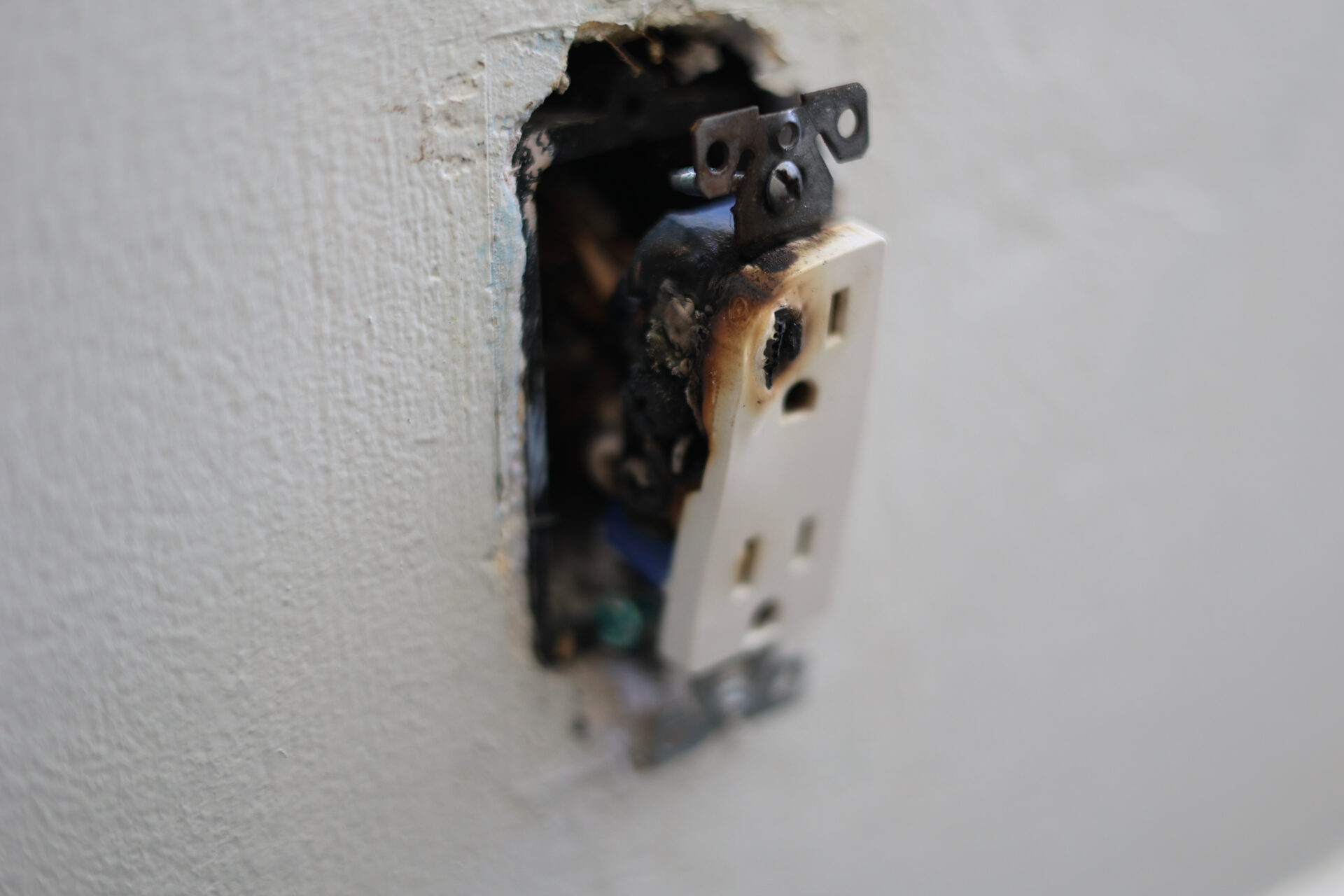
When it comes to protecting your home and loved ones, the safety advantages of circuit breakers over fuse panels are substantial. Circuit breakers incorporate multiple layers of protection that simply weren’t available when fuse panels were the standard. For instance, modern circuit breakers feature sophisticated trip mechanisms that respond instantly to dangerous electrical conditions, often before they become hazardous. When a circuit becomes overloaded, it will “trip” and go into a neutral position. It then has to be manually turned off and “reset” in order to restore power to the circuit.
A crucial safety advantage lies in the precision of circuit breakers. While fuses can deteriorate over time and potentially fail to trip at their rated capacity, circuit breakers maintain their accuracy throughout their lifespan. This consistency is vital when protecting sensitive electronics and preventing electrical fires. Additionally, circuit breakers include advanced features like GFCI (Ground Fault Circuit Interrupter) protection, which can detect tiny electrical leaks that might otherwise go unnoticed and cause shock hazards in wet areas like bathrooms or kitchens.
Perhaps the most significant safety concern with fuse panels is the human factor. When a fuse blows, there’s always the temptation to replace it with a higher-rated fuse if the correct one isn’t immediately available. Circuit breakers eliminate this risk entirely since their amperage rating is fixed and cannot be altered without turning off power to the breaker, taking off the panel cover, disconnecting the wires, and removing the breaker from the “hot bus” and replacing it with a different circuit breaker.
Cost Analysis of Breakers VS Fuses
While the initial investment in a circuit breaker panel might seem higher than maintaining an existing fuse panel, the long-term financial benefits make it a smart economic choice for the savvy homeowner.
A typical circuit breaker panel installation might cost between $1,500 to $3,000, depending on your home’s specific needs and location. However, this upfront cost should be viewed as an investment in your home’s safety and value rather than just an expense.
Consider the ongoing costs of fuse panels: when a fuse blows, you need to purchase and stock various types of replacement fuses, which typically cost $5-15 each. These costs add up quickly, especially in homes with frequent electrical issues or older wiring. Additionally, many insurance companies offer lower premiums for homes with circuit breaker panels, recognizing their superior safety features. Some insurers might even require upgrading from a fuse panel to maintain coverage, making the switch ultimately inevitable.
The real financial advantage becomes apparent in terms of property value. Homes with outdated fuse panels often face challenges during resale, as many buyers and lenders view them as a safety concern. Real estate professionals frequently cite electrical system updates as one of the improvements that offer the best return on investment. Additionally, modern circuit breaker panels can handle the increasing electrical demands of today’s homes, preventing the need for costly emergency upgrades when adding new appliances or home improvements in the future.
So, is Switching to Circuit Breakers Worth it?
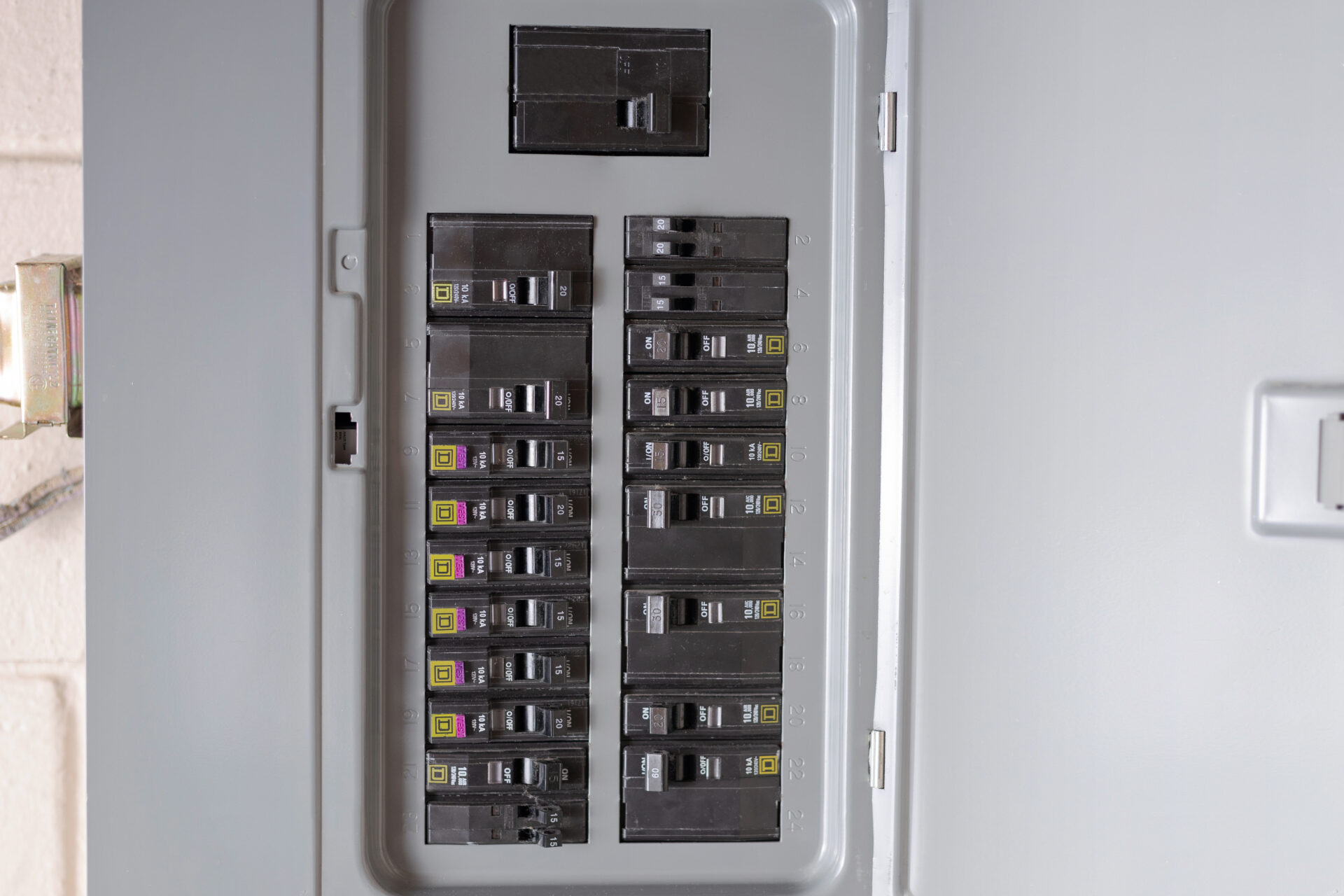
Making the switch to a circuit breaker panel represents more than just an electrical upgrade, it’s an investment in your home’s safety, efficiency, and future value. Throughout this blog, you’ve seen how circuit breakers offer superior protection through their automatic operation, consistent performance, and advanced safety features that fuse panels simply cannot match.
The decision to upgrade might feel daunting, but consider this: your home’s electrical system is something you rely on. Every. Single. Day. From powering your morning Nespresso, to making sure your RING security system is running through the day and night, it’s the invisible backbone of modern living. By choosing circuit breakers, you’re not just selecting a more convenient option; you’re embracing current safety standards and preparing your home for your future electrical needs.
When you’re ready to make the switch, it’s crucial to work with qualified electrical professionals. This isn’t a DIY project you want to tackle. Proper installation requires expertise to ensure everything meets current electrical codes and safety standards. Things like, ensuring you run a #6 ground wire to the supply side of your cold water line, ensuring the gas line and cold water line are bonded, and ensuring all terminations are tight and secure.
A licensed electrician can evaluate your home’s specific needs, recommend the right panel size, and ensure proper installation that will serve you well for decades to come.
Remember, your electrical panel is your home’s first line of defense against electrical hazards. Whether you’re planning to stay in your home for years to come or thinking about resale value, a circuit breaker panel installation is one of the most worthwhile improvements you can make for your home’s safety and functionality.
Don’t wait for an electrical emergency to occur before you consider this important upgrade.
Contact a licensed master electrician from Toro today and get a free evaluation of your current system and discuss how a circuit breaker panel, or upgrade can better protect your family and prepare your home for all your needs in the future.
